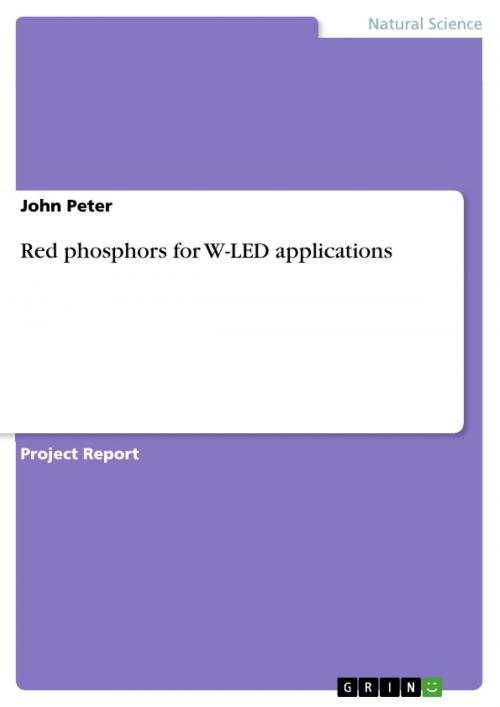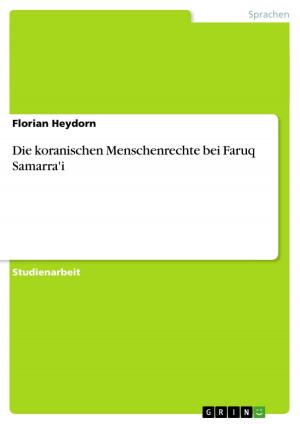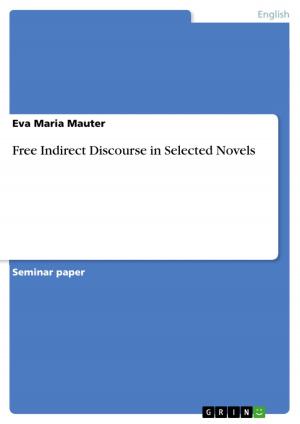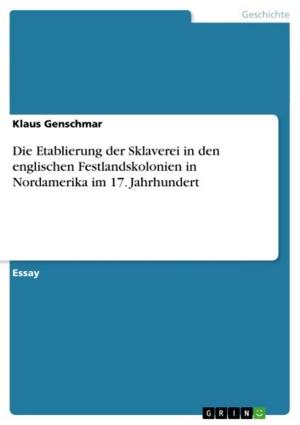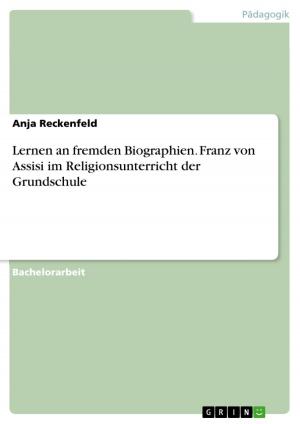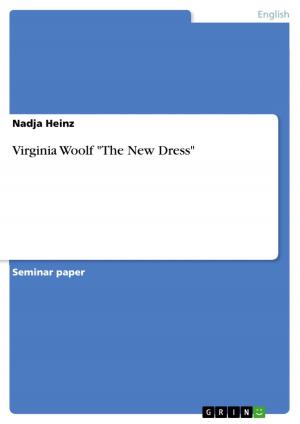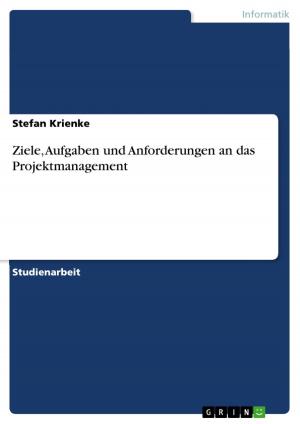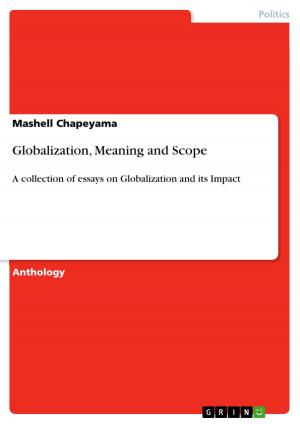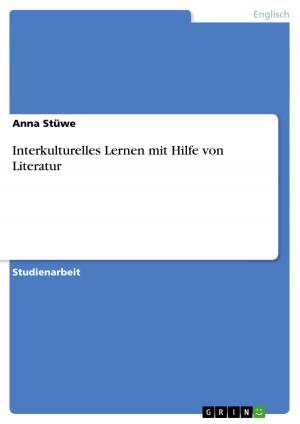| Author: | John Peter | ISBN: | 9783668043046 |
| Publisher: | GRIN Verlag | Publication: | September 9, 2015 |
| Imprint: | GRIN Verlag | Language: | English |
| Author: | John Peter |
| ISBN: | 9783668043046 |
| Publisher: | GRIN Verlag |
| Publication: | September 9, 2015 |
| Imprint: | GRIN Verlag |
| Language: | English |
Project Report from the year 2015 in the subject Physics - Optics, ST Anne's College Of Engineering And Technology (St. Anne's College of Engineering and Technology, Panruti, Tamilnadu, India), language: English, abstract: Trivalent rare-earth-ion-activated molybdate based phosphors have attracted great attention for solid-state lighting applications by virtue of their long lifetimes, and efficient luminescence property. The rare-earth ions are represented by a partly filled 4f shell that is completely shielded by 5s2 and 5p6 orbitals. Therefore, emission transitions provide sharp intense lines in the optical spectra [1, 2]. The use of rare-earth element-based phosphor, based on ''line-type'' f-f transitions, can narrow the emissions to the visible range, resulting in high efficiency and a high-lumen equivalence. In recent years, a flourishing care is concentrated on Li3Ba2Gd3-x(MoO4)8 host matrix for luminescent ions in the interest of their excellent chemical and thermal stability and favourable luminescence characteristics compared to the sulfide- and nitride-based materials. Moreover, these are environmentally friendly as no toxic gases like sulphide are given out. Li3Ba2Gd3-x(MoO4)8 occur in monoclinic crystal system with space group C2/c in a disordered structure [3]. For this research paper, a series of Li3Ba2Gd3-xPrx (MoO4)8 (x = 0.01, 0.03, 0.05, 0.07and 0.09 mol) and Li3Ba2Gd3-xSmx (MoO4)8 (x = 0.02, 0.04, 0.06, 0.08 and 0.10 mol) red phosphors were synthesized by conventional solid state reaction method.
Project Report from the year 2015 in the subject Physics - Optics, ST Anne's College Of Engineering And Technology (St. Anne's College of Engineering and Technology, Panruti, Tamilnadu, India), language: English, abstract: Trivalent rare-earth-ion-activated molybdate based phosphors have attracted great attention for solid-state lighting applications by virtue of their long lifetimes, and efficient luminescence property. The rare-earth ions are represented by a partly filled 4f shell that is completely shielded by 5s2 and 5p6 orbitals. Therefore, emission transitions provide sharp intense lines in the optical spectra [1, 2]. The use of rare-earth element-based phosphor, based on ''line-type'' f-f transitions, can narrow the emissions to the visible range, resulting in high efficiency and a high-lumen equivalence. In recent years, a flourishing care is concentrated on Li3Ba2Gd3-x(MoO4)8 host matrix for luminescent ions in the interest of their excellent chemical and thermal stability and favourable luminescence characteristics compared to the sulfide- and nitride-based materials. Moreover, these are environmentally friendly as no toxic gases like sulphide are given out. Li3Ba2Gd3-x(MoO4)8 occur in monoclinic crystal system with space group C2/c in a disordered structure [3]. For this research paper, a series of Li3Ba2Gd3-xPrx (MoO4)8 (x = 0.01, 0.03, 0.05, 0.07and 0.09 mol) and Li3Ba2Gd3-xSmx (MoO4)8 (x = 0.02, 0.04, 0.06, 0.08 and 0.10 mol) red phosphors were synthesized by conventional solid state reaction method.
